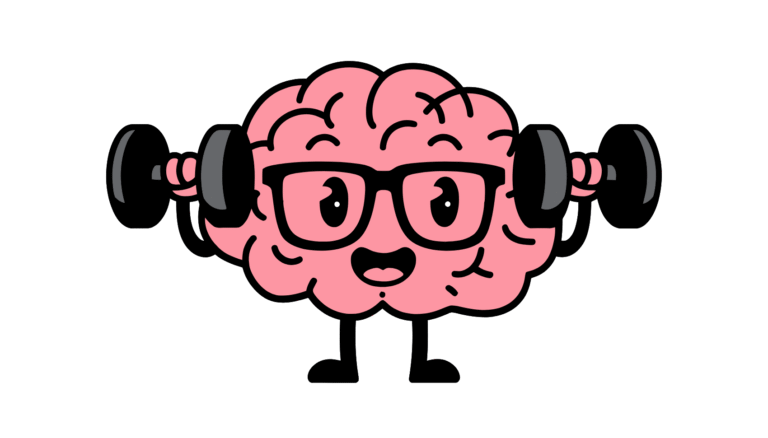Mental Health: A Complete Guide to Understanding and Improving Your Well-being
Mental health is a term that gets used a lot, but many people still wonder what it really means. At its core, mental health refers to your emotional, psychological, and social well-being, and it affects how you think, feel, act, and interact with others. It’s just as important as physical health, and it plays a huge role in every area of your life, from your relationships and work to your ability to cope with stress. In this article, we’re going to break down what mental health is, why it matters, common signs of mental health challenges, steps you can take to improve your mental well-being, and answer some frequently asked questions. Our goal is to use simple, conversational language so you can understand everything easily, whether you’re reading or asking your smart speaker for answers.
What Is Mental Health and Why Does It Matter?
Mental health is about more than just the absence of mental disorders; it’s a state of well-being that allows you to handle the normal stresses of life, work productively, and contribute to your community. Good mental health helps you make sound decisions, manage your emotions, and maintain healthy relationships. It also allows you to cope with changes and setbacks, which are a normal part of life.
Why does mental health matter? When your mental health is strong, you’re more likely to feel content, motivated, and able to enjoy life. But when you’re struggling, even simple tasks can feel overwhelming, and your relationships, work performance, and overall happiness can suffer. That’s why it’s so important to pay attention to your mental well-being, just like you would your physical health.
Common Signs of Mental Health Problems
Recognizing when you or someone you care about might be facing mental health challenges is the first step toward getting help. Some common signs to watch for include:
- Feeling sad, anxious, or irritable for long periods
- Withdrawing from friends, family, or activities you usually enjoy
- Difficulty concentrating or making decisions
- Changes in sleep or eating habits
- Unexplained aches, pains, or fatigue
- Feeling hopeless or overwhelmed by everyday problems
- Thoughts of self-harm or suicide
If you notice these signs in yourself or someone else, it’s important to reach out for help. Mental health problems are common and treatable, and early support can make a big difference.
How to Improve and Maintain Mental Health
Taking care of your mental health doesn’t have to be complicated. Here are some practical steps you can take to boost your well-being every day:
- Stay connected: Spend time with people who make you feel good, whether that’s friends, family, or co-workers. Social support is vital for mental health.
- Get regular exercise: Physical activity can help reduce stress, boost your mood, and improve sleep.
- Eat a balanced diet: What you eat affects your brain as well as your body, so try to include plenty of fruits, vegetables, whole grains, and lean proteins.
- Prioritize sleep: Aim for seven to nine hours of quality sleep each night, and keep a regular schedule when possible.
- Practice mindfulness or meditation: Taking just a few minutes a day to focus on your breathing or check in with your thoughts can help you feel calmer and more focused.
- Seek professional support: If you’re struggling, don’t hesitate to talk to a mental health professional. Therapy, counseling, and medication can all be effective.
Frequently Asked Questions About Mental Health
What causes mental health problems?
Mental health problems can arise from a mix of factors, including genetics, life experiences, stress, trauma, or even medical conditions. There’s usually not one single cause.
Can mental health improve without medication?
Yes, many people see improvements with therapy, lifestyle changes, and support from loved ones. However, some conditions may require medication, especially if symptoms are severe. It’s best to discuss options with a professional.
How do I help a friend or family member who’s struggling?
Start by listening without judging, and encourage them to seek professional help if needed. Let them know you care and that support is available.
Is stress a mental health problem?
Stress by itself isn’t a mental illness, but chronic stress can contribute to mental health issues if it’s not managed well.
When should I seek help?
If you notice persistent changes in mood, behavior, or thinking that interfere with daily life, it’s a good idea to reach out for help. Early support can prevent problems from getting worse.
Conclusion
Mental health is an essential part of your overall well-being, and it deserves just as much attention as your physical health. By understanding what mental health means, recognizing the warning signs of problems, and taking simple steps to care for your mind, you can lead a happier, more balanced life. Remember, everyone faces challenges from time to time, and reaching out for support is a sign of strength, not weakness. If you have questions or concerns about your mental health, don’t hesitate to talk to a professional. Prioritizing your mental well-being is one of the best investments you can make in your future.




